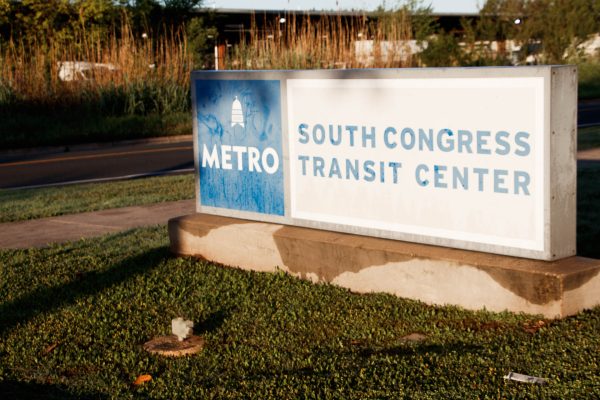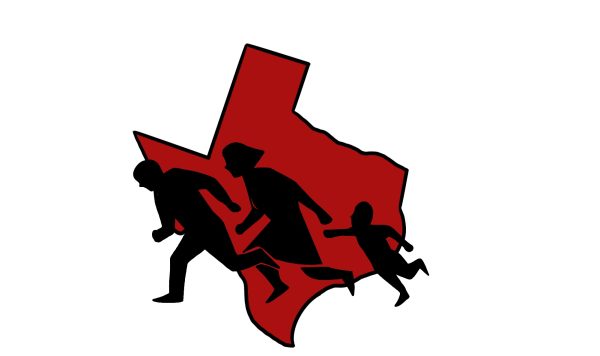Current immigration act to advance social justice
The year was 1830, and the Mexican-ruled land that we call Texas had officially closed its borders to illegal immigrants. The President of Mexico at the time, Anastasio Bustamante, had decided to close the border mainly because the American immigrants settling in Texas were bringing their slaves with them to a land that had already abolished slavery. Some of these same immigrants who continued to cross the border illegally are revered today as great American heroes.
Nevertheless, almost two hundred years after Bustamante’s closure of the border, the crime of which these American heroes were guilty is once again the heated subject of debate, this time on our side of the fence.
Interestingly enough, while illegal immigration has fallen nationwide by as much as eight percent, the Pew Hispanic Center has found that numbers have remained the same in Texas. This has driven Texas legislators to reconsider current state and federal immigration policies.
Advocates for strict immigration reform place strong emphasis on illegal immigration’s financial impact. They tout the fact that Texas’ illegal population sits at approximately 1.74 million, costing Texas taxpayers roughly $4.6 billion annually. With these figures, it’s hard to argue that we shouldn’t make our border security tighter.
Many Texans, however, would argue that this fiscal issue stems from an underlying problem with the way U.S. citizenship is handled. Under the current system, immigrants must take years to obtain citizenship, and it is too expensive for many. Texas farmers and small business owners who rely on immigrant labor are calling for immigration reform that makes it easier and more affordable for workers to obtain visas, green cards and citizenship. This would not only drive the $4.6 billion annual cost down, but it would also lessen the number of people making the perilous trek across the border, potentially saving many border-crossers’ lives.
Currently, U.S. Rep. Solomon Ortiz, D-Texas, is the sponsor of the Comprehensive Immigration Reform for America’s Security and Prosperity Act of 2009 (CIRASAP). The piece of legislation, which is currently in subcommittee, would, among other things, allow undocumented citizens to apply for legal status.
While the final piece of legislation may not grant legalization for all illegal immigrants, it is a promising change when viewed from a social justice perspective.
St. Edward’s University challenges our student body to take this perspective into account. While legalizing these individuals will fiscally benefit the U.S., the humanitarian aspect is the more pressing facet of the debate, even though it seems more often overlooked.
Mexico closed its borders in 1830 to stop the flood of slavery. We, however, have no justifiable excuse to maintain our stance on immigration.
Support of legislation like CIRASAP shows that Texans and Americans are ready for a progressive shift from our current restrictive immigration policy. Our legislators should act similarly so that we can provide a more fiscally and socially just America.











